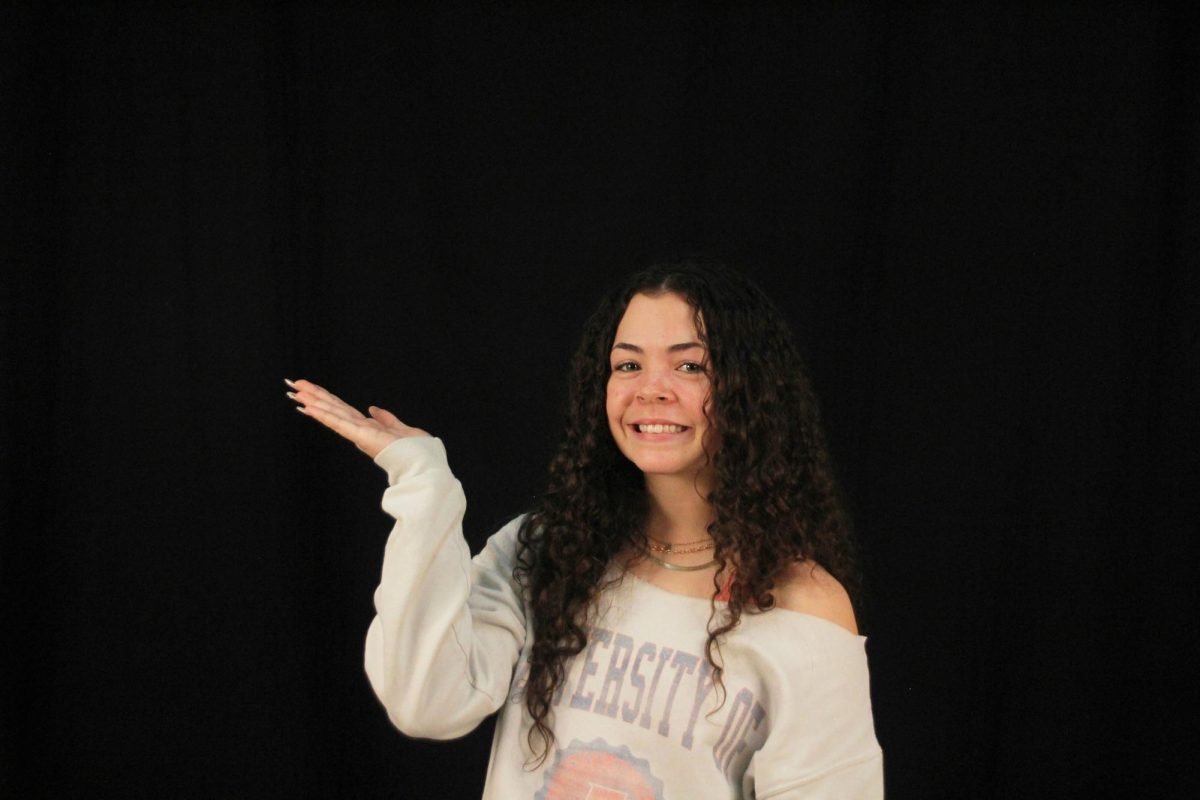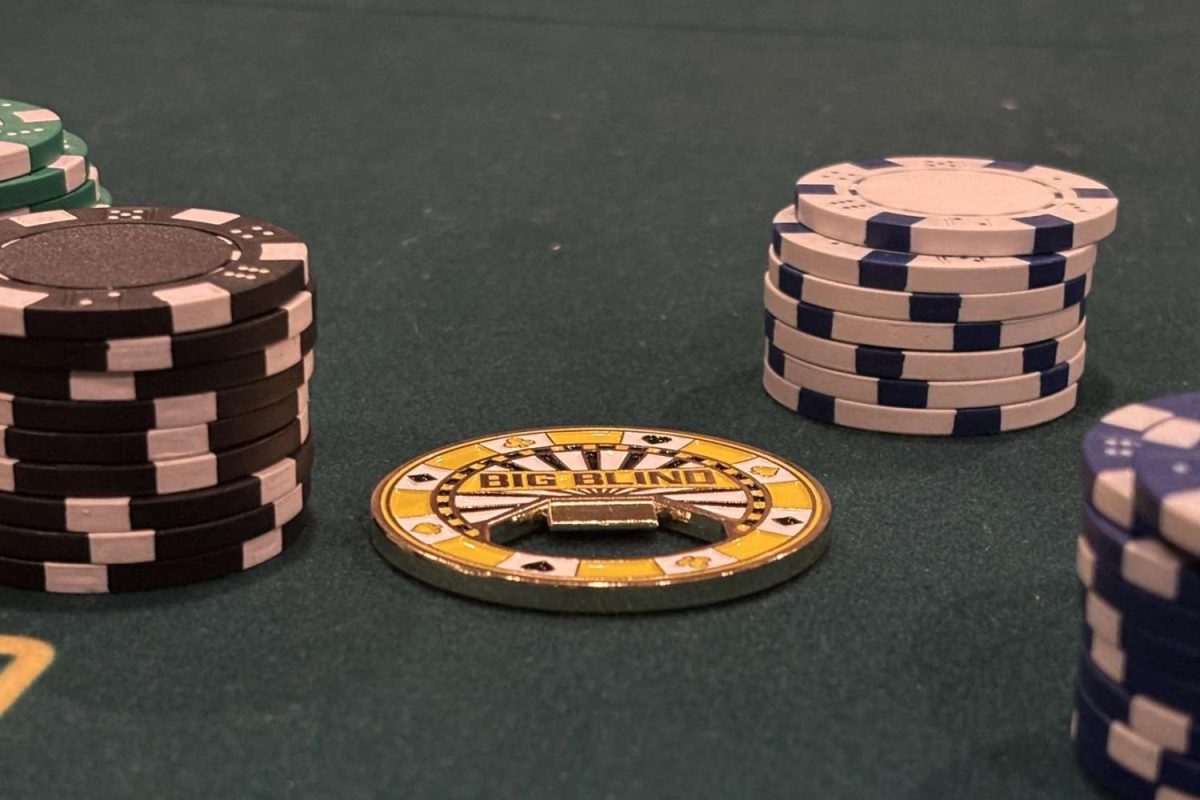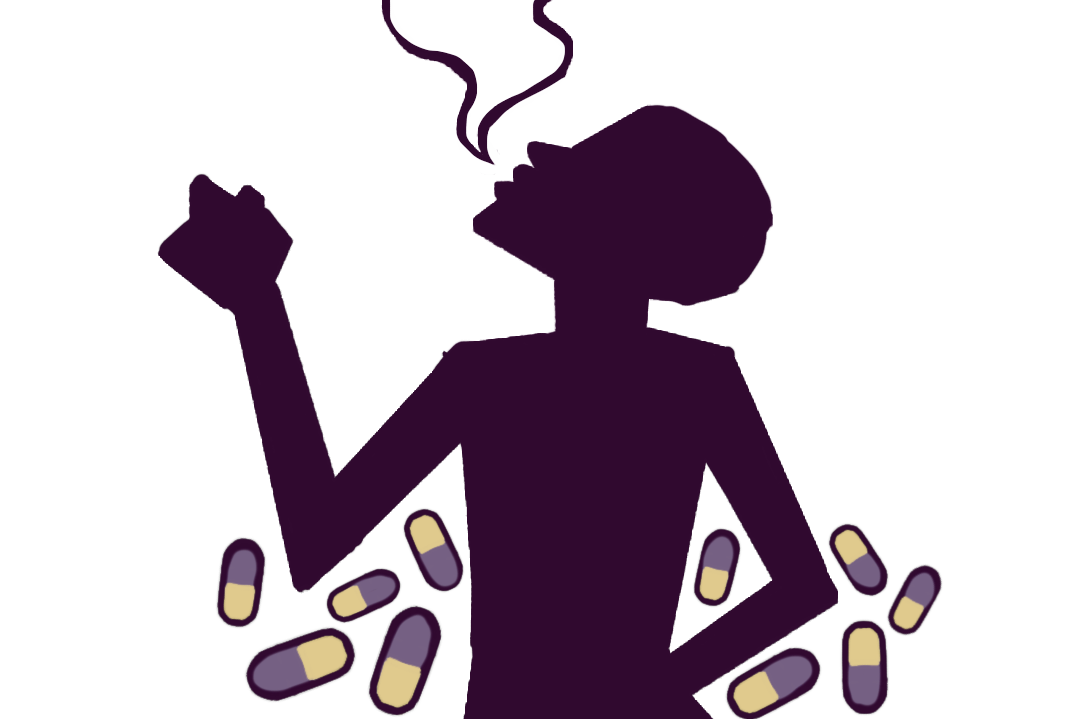Chad McCord suffered from severe depression that eventually drove him to take his life four weeks before he was going to graduate from Oakville High School April 15, 2004.
A year after his death, Marian and Larry McCord, his parents, founded CHADS (Communities Healing Adolescent Depression and Suicide) Coalition for Mental Health in memory of their son. CHADS is a nationally recognized nonprofit organization dedicated to advancing the knowledge and prevention of adolescent depression and suicide through awareness, education and research.
KC: Why was CHADS founded?
Marian McCord: CHADS was founded in honor of my son, Chad who died by suicide when he was 18. I see depression as a disease, and I noticed how differently a person with a mental illness is treated compared to a person who has a medical illness such as cancer. I’ve always had a special spot in my heart for children, especially for sick kids, and I remember shortly after Chad died I happened to be watching television. An infomercial came on for St. Jude’s, which is a hospital that conducts cutting-edge research for kids with cancer, and I know how important St. Jude’s is to kids with cancer, but I watched that commercial with tears running down my face thinking, “Why can’t there be a place like that for kids like Chad?”
KC: What is CHADS’s mission?
MM: I knew Chad wasn’t going to be the last teenager to die by suicide, and there was just always a part of me that wanted to make things better for other kids. Chad had said to me, “When I get better I want to go back to my school, and I want to say my name is Chad McCord, and I suffer from depression.” He wanted to be able to teach other kids not to do what he did, and that was to hide his disease in shame and silence. He wanted to teach other kids to have the courage to ask for help. Obviously, he will never be able to fulfill that dream, but as his parents we have vowed to be his voice, to raise awareness, to educate and to raise money for research so that we can have better treatment and better outcomes for kids who have severe depression.
KC: What does CHADS do to raise awareness about mental illness?
MM: I’m very proud of our organization. CHADS has grown from this dream to this nationally recognized nonprofit. This last year alone, CHADS has been in 105 different schools, we have given over 665 Signs of Suicide presentations, we have talked to over 18,529 kids and of those kids that we’ve talked to, 1,929 of them self-identified themselves as depressed after the presentation, and they wanted to talk to a counselor. Our mission is to try to find these kids. We know, according to statistics, that one out of eight teenagers will have depression, and I remind the kids that that’s not the tragedy. The biggest tragedy is of those one out of eight, most of them don’t even know that they have depression. It’s difficult to get help if you don’t even know that you have an illness.
KC: What is the stigma of mental illness, and what is CHADS doing to erase this stigma?
MM: I feel that if we can educate our kids about the realities of depression, we can start eliminating some of the stigma. To me, the stigma is an invisible mark of dishonor and disgrace that’s placed upon the forehead of those who have a mental illness, and it is placed there so undeservingly. Until our community understands the reality of depression, I think we will continue to lose kids. Mental illness is not a choice. It’s an illness, and until our society realizes that then they will continue to support the stigma. I don’t care what community you live in. Every community has a river that runs through it. At the base of that river is a fatal waterfall. The river represents kids who have mental illness, and in that river are kids who are crying out for help. Some of them don’t even know why they’re having trouble swimming, and some of them know that they have a mental illness. If these kids are not getting help, then they’re getting closer and closer to the fatal waterfall. As a community, looking at mental illness is very scary, it’s threatening, we don’t understand it, we’re afraid of it and it’s ugly. It’s easier to turn around and not look at that river, but we all have to turn around sometime.
KC: What are some of the classic symptoms of depression?
MM: For youth, some of the classic signs of depression are anger, irritability and rage. As I go through these, you need to ask yourself whether you’re having a cluster of these symptoms for more than two weeks, because we as human beings step in and out of these behaviors, and that’s totally normal. If you have a cluster and they’re lasting longer than a couple of weeks it doesn’t mean you have depression, but it does mean you should go get yourself evaluated by a professional. Other symptoms are sleeplessness, restlessness, a change in sleeping habits, loss of motivation, lack of energy and a change in eating habits. Many kids and adults will also try to self-medicate their depression by turning to alcohol or drugs. Depression can also affect the ability to concentrate, so often you might see grades start to slip. Sadness, crying and talking about death or a preoccupation with death are also symptoms.
KC: If a friend or relative might have depression, what can a regular person do to help?
MM: We all have to educate ourselves about the warning signs and be able to help people who may have a mental illness to see that they need help. When our youth recognizes or becomes aware of someone who is having thoughts of suicide or that they’ve changed, those kids need to tell a trusted adult. We have a lot of great resources in our community, but I’m not going to sit here and say that the journey and the treatment is easy. It’s hard. Depression is hard, and unfortunately it sometimes takes a lot of different trials before we find the right medication, and then there’s people like Chad who have a treatment resistant depression. I still firmly believe that even if a person has a treatment resistant depression that in today’s world there are always options, and there is always hope.
KC: Are there any upcoming events in which students can get involved?
MM: We are always looking for champions in schools. Kids Walking for Kids is held every May in Children’s Mental Health Awareness Week. The idea is that we’re trying to get kids walking and talking about depression and suicide. Anybody can form a team in honor of someone they know who has died by suicide, and then that money goes to support research. The year before last we gave $121,000 to research for mental health.








